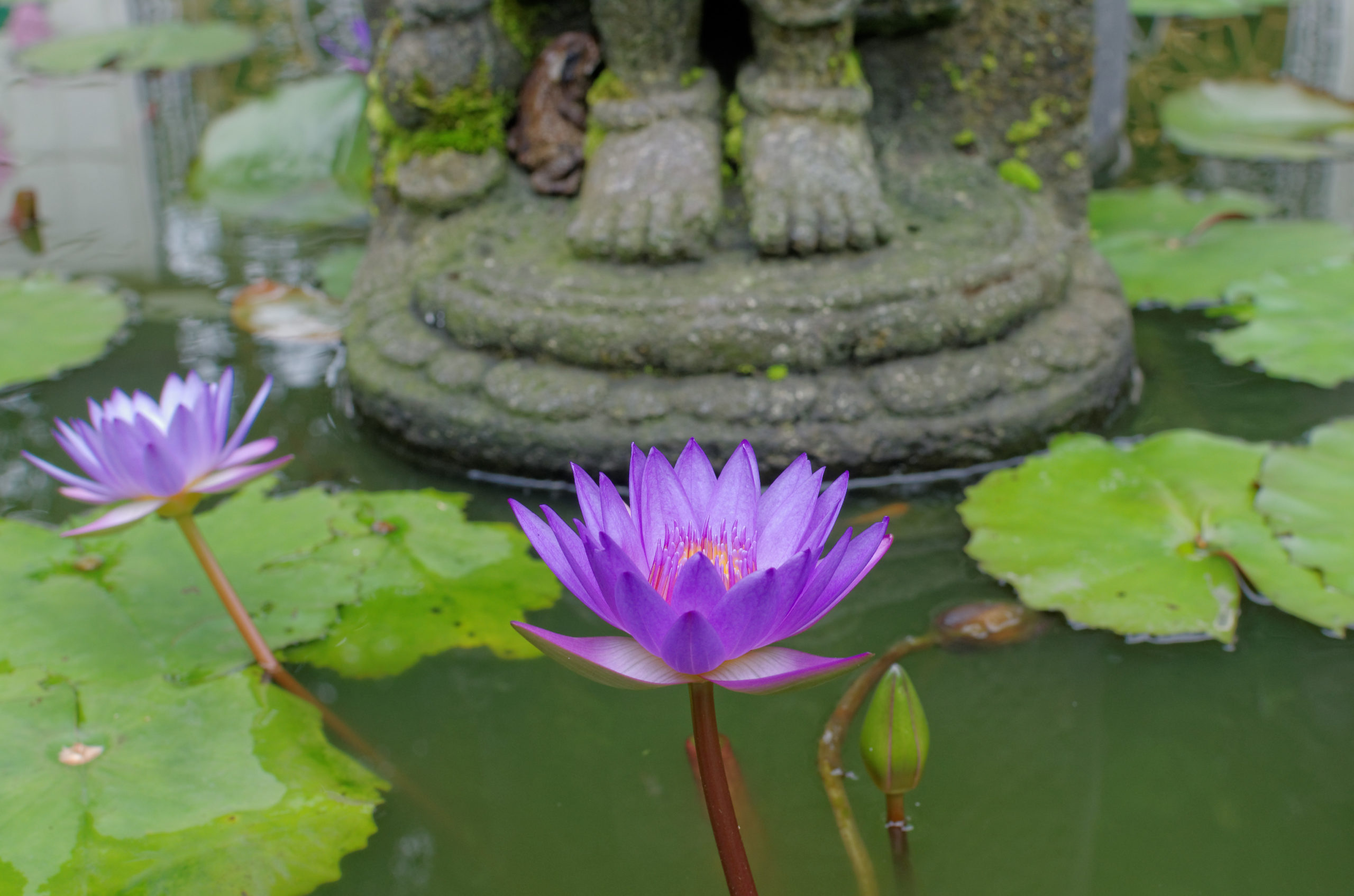
David McMahan, “Imagining Things as They Are”
This session examines classical Buddhist meditation texts in order to explore the tension in Buddhist thought between coming to understand “things as they are” (yathābhūtam) through, on the one hand, clearing away of imaginal constructions and, on the other, through imagining oneself and the world in a particular way. It examines the rhetorical gap between the discussions of unmediated truth and the imaginal efforts required to achieve that truth. Meditation is often presented as expunging imaginal constructions to reveal an objective interior truth. Yet imagination plays a crucial role in activating, recognizing, and constituting relevant categories, intentions, and analyses of interior states. Meditation always uses available repertoires of attitudes, concepts, ethical orientations, and sensibilities, and introduces possibilities for using imagination for constituting new repertoires and inaugurating novel lifeworlds. These considerations point toward a revaluation and reinterpretation of the role of the imagination in Buddhism and suggest the need to go beyond an “objectivist” understanding of Buddhist epistemology.
Readings:
McMahan, David. “How Meditation Works: Theorizing the Role of Cultural Context in Buddhist Meditative Practices.” In David McMahan and Erik Braun, eds. Meditation, Buddhism, and Science. New York: Oxford University Press, 2017.
Satipaṭṭhāna Sutta, trans. Nyanasatta Thera (https://www.accesstoinsight.org/lib/authors/nyanasatta/wheel019.html)
Anapanasati Sutta, trans. Bhikkhu Bodhi (https://suttacentral.net/mn118/en/bodhi)
Hourly Schedule
- 11:00am - 11:45am
- Presentation
-
Speakers:
David McMahan
- 11:45am - 12:30pm
- Q&A
Speaker
-
David McMahanFaculty
David McMahan is the Charles A. Dana Professor of Religious Studies at Franklin & Marshall College in Pennsylvania. He is the author of The Making of Buddhist Modernism (Oxford University Press, 2008), Empty Vision: Metaphor and Visionary Imagery in Mahāyāna Buddhism (Routledge Curzon, 2002), and several articles on Mahāyāna Buddhism in South Asia and Buddhism in the modern world. He is also the co-editor of Buddhism, Meditation and Science (Oxford University Press, 2017), editor of Buddhism in the Modern World (Routledge 2012). His most recent book, Rethinking Meditation: Buddhist Meditative Traditions in Ancient and Modern Worlds, is forthcoming with Oxford University Press.
